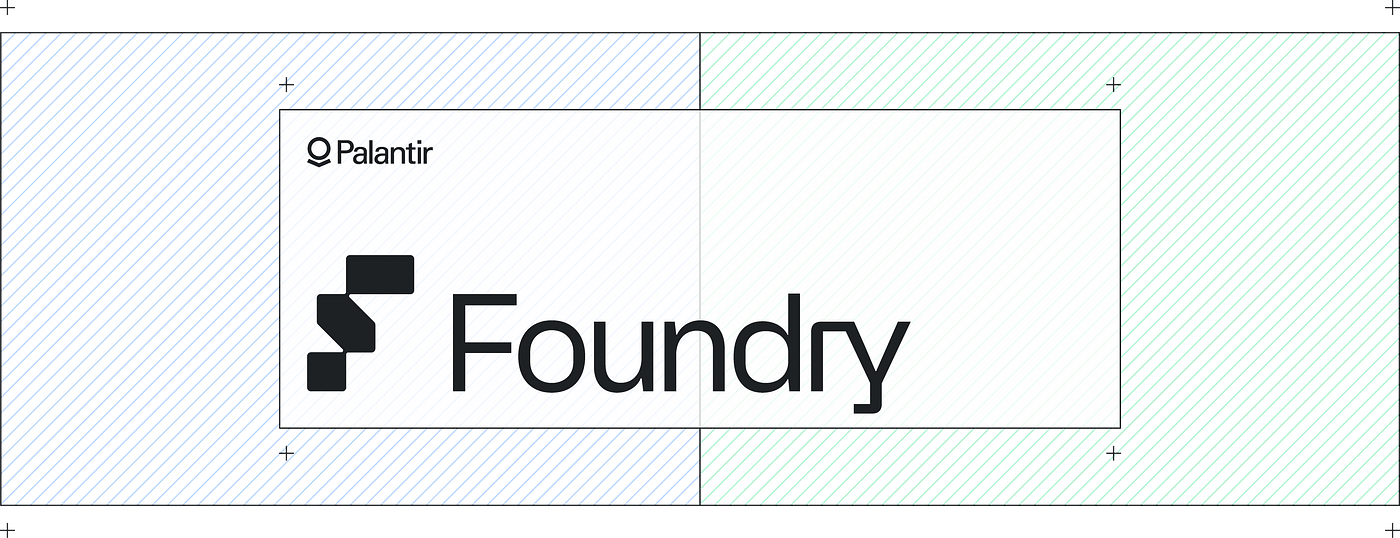Notes From A Palantir Build Session
Streamlining Healthcare Solutions with Palantir's AI-Enhanced Foundry Platform AIP
A few weeks ago, I had the unique opportunity to participate in a build session at Palantir’s New York City office. Having built in-house healthcare technology, it was incredibly validating to see Palantir’s Foundry and Artificial Intelligence Platform (AIP) tackling challenges similar to those I’ve faced in previous roles, but with a level of speed and flexibility that felt revolutionary. In the past, our product development processes involved months of stakeholder interviewing, roadmapping, user testing, and refinement. With Palantir’s technology, however, we were able to develop and test beta tools in just an hour.
What I find particularly exciting is the potential of Foundry’s Ontology framework and AIP’s advanced AI features to accelerate critical workflows in healthcare—workflows that often require complex data integration, heavy processing, and intense regulatory oversight. Here’s a closer look at how these platforms are transforming the way we approach data-driven problem-solving and how they could have saved countless hours in projects I’ve previously worked on.
Note: It is no great surprise that Palantir is engaging in healthcare, specifically, American healthcare, considering it is likely one of the few, if only, industries that is as complicated, bureaucratic, and sensitive/protective as government defense, where Palantir has already specialized. That experience will translate well to healthcare, and with that, I digress—here are condensed notes from my build session.
1. Foundry’s Ontology: A Decision-Centric Business Twin
At the heart of Foundry is the Ontology—a unique framework that transforms raw data into a decision-centric “twin” of the business, mapping out relationships between key entities and actions in a way that enables seamless data interaction.
Keep reading with a 7-day free trial
Subscribe to return to the rye to keep reading this post and get 7 days of free access to the full post archives.



